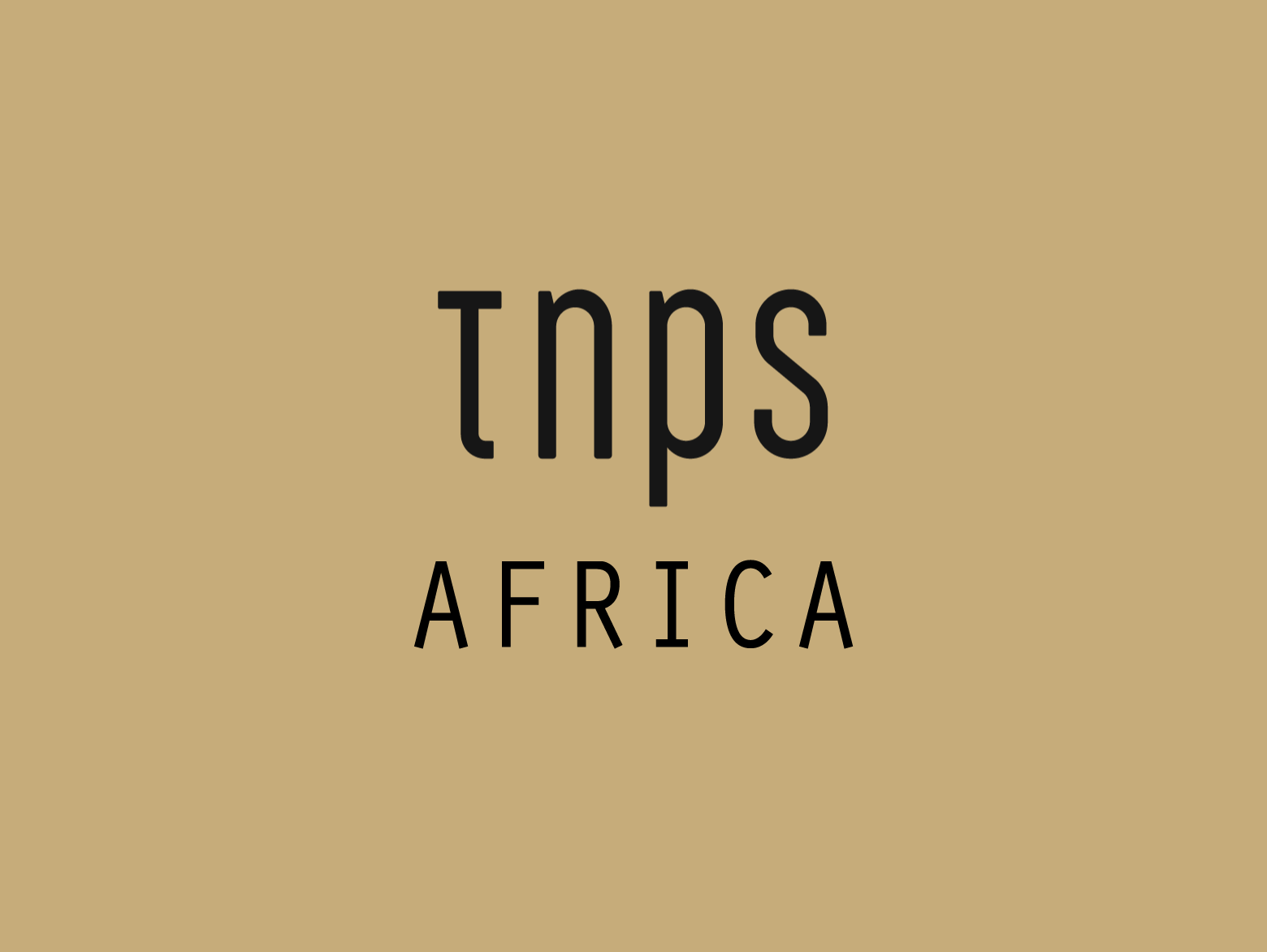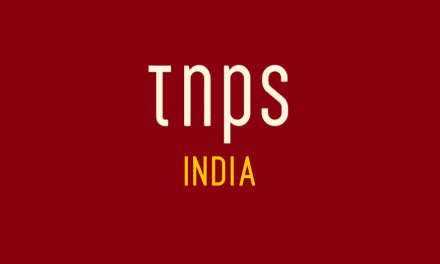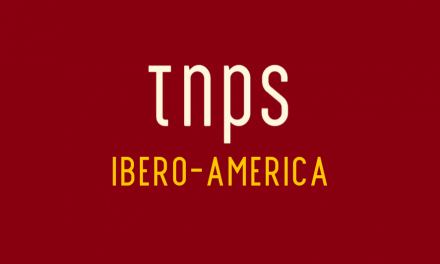It’s a sad commentary on the state of Cameroon publishing that the best overview of the industry I can find is from 2005.
That may be about to change.
This past week in the Cameroon capital Yaoundé a conference on the future of African publishing was wide-ranging in its discussions.
Titled ‘The Publishing Industry in Africa and its Role in Education and Economic Growth’ the conference was led by a video message from the Director-General of the World Intellectual Property Organisation (WIPO), Francis Gurry, who said,
since Africa was…emerging as a knowledge economy, it was important for the continent to consolidate its position by strengthening the education sector through viable publishing industries (adding) Africa must protect its writers and authors to enjoy a “sustainable economic existence” by institutionalising copyright regulations.
WIPO’s Deputy Director General Sylvie Forbin noted,
The continent has many authors but the organisation of the sector as a publishing industry capable of producing its own authors in the African soil was not yet developed.
Commendable as the Yaoundé Conference was, there was one element mostly absent from the debate.
When it did get a mention “digital” was talked about as a challenge rather than an opportunity, reflecting the analogue thinking that is the legacy of a publishing sector cobbled together in a pre-colonial period and that has yet to find its own way.
Yet digital offers Africa its best ever opportunity to become a thriving, vibrant continent.
And despite the problems currently besetting Cameroon as the language-debate escalates (Cameroon is predominantly French-speaking but with significant areas that speak English, and tensions are rising over which language should take precedence) Cameroon has plenty of opportunities ahead.
With a population of 23 million Cameroon is up there with Australia in people-power.
With 6 million internet users Cameroon is behind Australia’s 21 million, but while Australia is at 88% penetration – effectively saturation – Cameroon is at just 25% penetration. As internet engagement accelerates on the African continent it won’t take long for Cameroon to catch up.
Cameroon is currently behind the digital curve, but all the indicators are that is changing, with the SAIL undersea cable soon to link Cameroon with Brazil, the powerhouse of South America.
The SAIL project was one of the most exciting submarine cable projects to be announced this year. Jointly contracted by China Unicorn, Huawei Marine and the Cameroon state-owned telco Camtel, the cable, due to be completed late 2018, will be the first direct link between South America and Africa.
And that in itself in noteworthy. For the record, I fully expected that first to go to Brazil-Senegal (a far shorter distance and Senegal a prosperous West African nation). The choice of Cameroon rather than a major African economy like neighbouring Nigeria, and the fact that it is two Chinese players providing the muscle here, has consequences yet to play out, that may surprise us all.
Once completed SAIL will enable price reductions for consumers, encouraging growth, and will give Cameroon international standard bandwidth. But of course the implications stretch beyond Cameroon.
As in most Third World countries the analogue fixed-line connections are effectively redundant. Mobile is king. Cameroon is completely by-passing the desktop internet era and going from almost zero internet connectivity to 3G (and recently LTE), with all the benefits that brings.
While Vodafone Cameroon recently lost its licence, a newcomer Nextel is helping transform the internet scene in Cameroon, with its imminent new LTE service expected to pick up five million subscribers.
To close by bringing this back to the topic of publishing, digital enfranchisement is the single biggest key to a prosperous, educated and vibrant Africa.
African publishers and related stakeholders need to embrace digital as a way to advance African publishing, not to fight the analogue-digital battles of the First World.
The fact that there is an analogue-digital battle in the first place in the rich west is because the analogue infrastructure, while not perfect, worked. For the established publishers it is worth protecting, at least to ensure an orderly transition.
In the Third World, for myriad reasons, the analogue infrastructure has never been more than a token effort. There is nothing worth trying to protect. Nothing worth clinging to.
Africa needs to leapfrog the analogue publishing era just has it is leapfrogging the desktop internet era.
But with the almost complete indifference to the continent by the Big 5 western ebook retailers there is little incentive to abandon analogue thinking in favour of the digital future.





